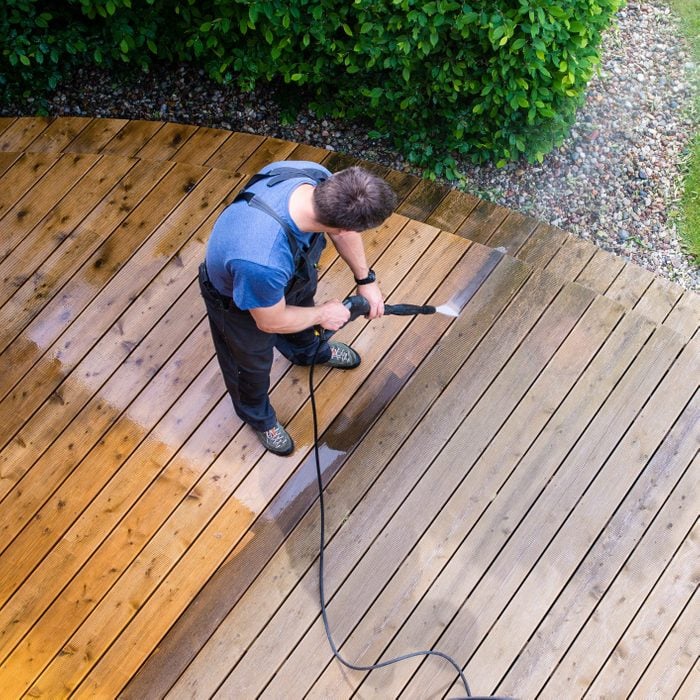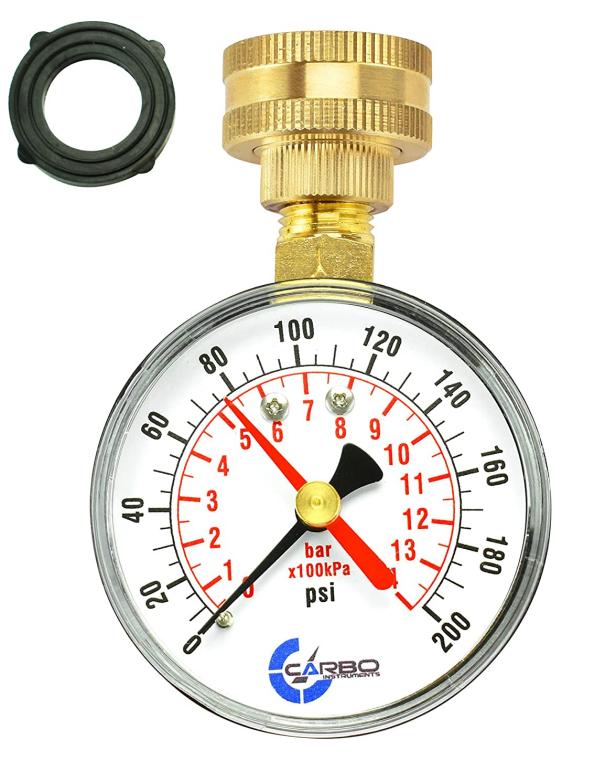Quick Remedies for Solving Low Water Pressure in Your Home
Quick Remedies for Solving Low Water Pressure in Your Home
Blog Article
Presented here down the page yow will discover a lot of awesome resources pertaining to 9 Reasons for Low Water Pressure in Your House.

Low tide stress in your house can be an irritating problem, impacting whatever from bathing to washing meals. If you're experiencing weak water flow, there are numerous feasible causes and remedies to discover. In this overview, we'll review usual reasons for low tide pressure and practical actions to deal with the issue properly.
Introduction to Low Tide Stress
Low water pressure takes place when the flow of water from your faucets, showers, and other components is weak than usual. This can make everyday jobs a lot more challenging and much less effective. Recognizing the sources of low water stress is important to locating the right option.
Usual Reasons For Low Tide Pressure
Faulty Stress Regulatory Authorities
Stress regulatory authorities are accountable for maintaining consistent water stress in your house. If they malfunction, it can lead to low water stress or uneven flow throughout the house.
Metropolitan Water System Issues
Often, the problem exists outside your home. Metropolitan water supply problems, such as main line leakages or upkeep work, can temporarily lower water stress in your location.
Pipeline Obstructions
With time, pipes can end up being obstructed with mineral deposits, sediment, or debris, restricting the flow of water. This is a typical problem in older homes with galvanized steel pipes.
Rust
Deterioration within pipes can lead to leakages and lowered water pressure. Corrosion build-up can tighten water flow, specifically in maturing plumbing systems.
Just How to Identify Low Tide Pressure
Examining Pipes
Evaluate visible pipelines for signs of leakages, corrosion, or clogs. Pay attention to any unusual sounds, such as knocking or rattling pipes, which could suggest issues within the plumbing system.
Consulting with a Plumber
If you're incapable to determine the cause of low water pressure, think about hiring an expert plumber to conduct an extensive inspection. They can determine underlying issues and suggest proper solutions.
Checking Faucets and Components
Beginning by evaluating the water pressure at different taps and fixtures throughout your home. If the concern is separated to details locations, it might show localized troubles.
DIY Solutions to Take Care Of Low Tide Pressure
Flushing Water Heater
Debris accumulation in the hot water heater can restrict circulation and minimize effectiveness. Purging the tank regularly assists remove sediment and preserve ideal efficiency.
Examining Pressure Regulatory Authority
Make sure that the pressure regulator is functioning correctly. Adjusting or replacing the regulator can assist bring back appropriate water pressure throughout your home.
Cleansing Aerators and Showerheads
Natural resources can gather in aerators and showerheads, minimizing water flow. Eliminate and clean up these parts frequently to improve water pressure.
Clearing Up Clogs in Piping
For minor clogs, try using a plumbing snake or chemical drain cleaner to clear obstructions in pipelines. Be cautious when making use of chemicals and comply with safety standards.
When to Call a Specialist Plumber
If DIY initiatives fall short to deal with the concern or if you presume significant plumbing problems, it's finest to look for assistance from an accredited plumber. They have the knowledge and tools to attend to intricate concerns safely and properly.
Safety Nets to Maintain Water Stress
Mounting a Pressure Booster
Think about installing a pressure booster pump to enhance water stress in areas with constantly reduced circulation. This can be particularly helpful for multi-story homes or properties with high-demand components.
Tracking Water Use
Bear in mind water use routines and avoid ill-using the plumbing system. Basic adjustments, such as astonishing showers and washing lots, can aid maintain sufficient water pressure.
Regular Maintenance
Schedule regular maintenance for your plumbing system to prevent concerns such as deterioration, leaks, and blockages. Resolving minor troubles early can help prevent more considerable repairs later.
Final thought
Managing low water stress can be irritating, however identifying the underlying causes and executing appropriate options can bring back ideal circulation throughout your home. Whether it's cleansing aerators, evaluating pipelines, or consulting with a plumber, taking proactive actions can guarantee a consistent supply of water for your day-to-day requirements.
How to Fix Low Water Pressure In Your Home
Municipal Water Supply Issues
Scheduled maintenance, high demand, and water main breaks are all potential causes for low water pressure within a city or county’s water lines. While there’s not much you can do to personally fix a problem with your city or county’s water supply system, you can play a big role in documenting the issue and alerting those who can.
How to fix it:
Ask your neighbors if they are experiencing any issues with low water pressure. If multiple homes are affected, it’s likely related to the city’s water line. Contact the local Water Authority to see if there is any maintenance taking place that might be affecting your supply. Also let them know of your specific issues. If other homeowners report the same issues, they’ll know that there could be a larger issue to look into. Faulty Fixtures
A damaged or clogged shower head, faucet or appliance is the first thing we’d suggest checking, especially if low water pressure appears to be isolated to a specific area of your home.
How to fix it:
First, turn off the main water supply to your home. Check the affected appliances for build-up or debris. In the case of a faucet, you can simply unscrew the aerator at the tip of the faucet. Showerheads should be fully detached from the water pipe. While the appliances are detached, you may want to check the water supply to determine if the fixtures were in fact the issue. To clean, soak the showerhead or aerator in vinegar and brush off any visible debris. Reattach the fixtures and check the water pressure again. If it is still low, there is likely a deeper issue at hand, which can be determined by a professional plumber. Pipe Obstructions
Mineral deposits, rust or other debris within water pipes can lead to blockages or corrosion over time.
How to fix it:
When you think of a clog, you probably think of a drain clog. While there are many DIY solutions to clearing a drain, clogs in a water pipe will almost always require the help of a professional plumber. A plumber will be able to locate the affected pipe and clean out any debris or mineral deposit buildup. In severe cases, the pipe may need to be replaced. Your plumber might also recommend a water softening system to remove the minerals from your home’s water supply that can contribute to pipe blockages over time.
Plumbing Leak
Undetected water line leaks can divert water away from your residential pipes, reducing the water pressure in your fixtures.
How to fix it:
Check your water meter by turning off all water sources and monitoring the meter for any movement, which could be a clear indicator of a potential leak. Check all visible pipes for signs of leaking, including water stains, active dripping or damp spots around the pipe. Inspect fixtures, including faucets and showerheads, for any drips. Test the pressure but recording the pressure with the main water valve shut off. Leave off for a few hours and test again. A significant drop in pressure is a clear sign of a leak. https://kiddcoplumbing.com/plumbing-blog/how-to-fix-low-water-pressure/

Hopefully you enjoyed our post about Low Water Pressure in the House?. Thank you so much for spending some time to read our content. Are you aware of another individual who is excited about the niche? Please feel free to share it. Thanks for your time invested reading it.
Website Report this page